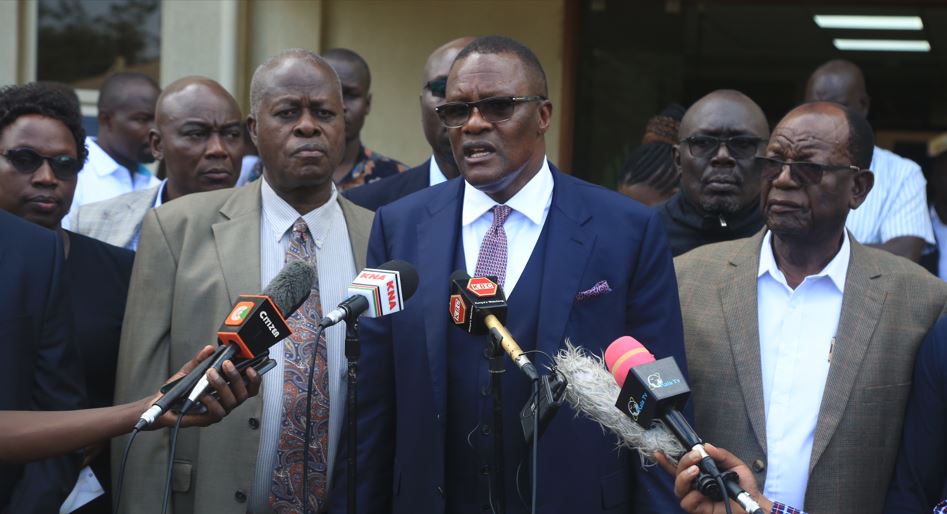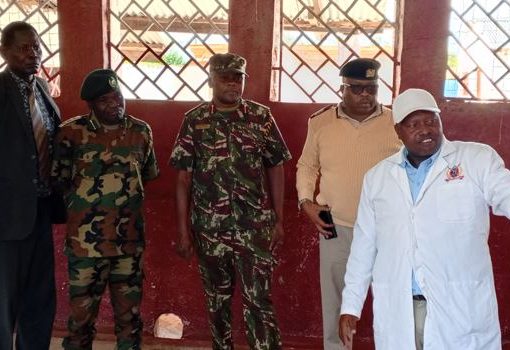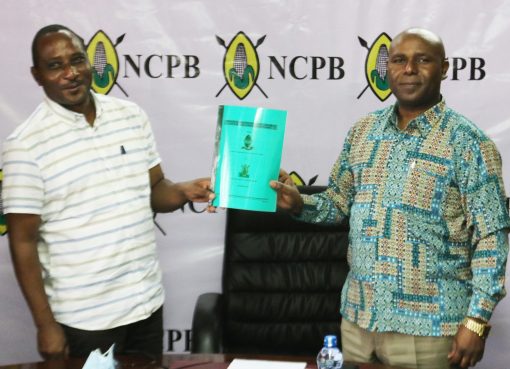Information, Communications, and The Digital Economy Cabinet Secretary (CS) Eliud Owalo has rooted for the enactment of the critical infrastructure bill to safeguard ICT systems and networks across the country.
The bill, which has been in the pipeline since 2015, shall be fast-tracked to secure and protect critical infrastructure assets essential to the provision of vital services in the country.
This comes in the wake of increased cases of vandalism and theft, which continue to cost the taxpayer billions of shillings.
Through the bill, he said the national terrestrial fibre optic network has been listed among the entities classified as critical infrastructure assets, adding that the move targets to ensure it is protected against cuts and vandalism.
Frequent fiber cuts, he contended, have been reported in different parts of the country, affecting internet services in key government installations and offices.
Other entities classified as critical infrastructure in the bill include the national power grid, aviation and maritime assets, water and sanitation assets, government offices and installations, healthcare facilities, marine transport systems, the oil pipeline network, dams, educational institutions, and food and agriculture sector establishments.
Besides the fiber optic cable, he added submarine cable, telecommunication hubs, data centers, telecommunication lines, posts, masts, and towers, which have also been classified as critical infrastructure.
The CS said the government has spent billions of shillings to lay the ICT infrastructure, adding that with the ongoing last-mile connectivity, focusing on the protection of the assets is necessary for the benefit of all Kenyans.
In an interview with KNA in Kisumu, the CS added that through the bill, all government departments and agencies charged with the responsibility of developing infrastructure have been brought on board to enhance synergy and harmonisation of services.
He said the agencies, among them the Kenya National Highway Authority (KENHA), Kenya Rural Roads Authority (KERA), Kenya Power, Kenya Pipeline, and Kenya Railways, will work hand in hand not only to protect the infrastructure but also to avoid duplicity of roles.
“We are establishing a partnership with all government entities charged with the responsibility of rolling out infrastructure so that we have a master plan that will ensure that water piping will be undertaken without interfering with fibre connectivity, electricity polls, and so forth,” he said.
The move, he added, will bring an end to duplication of projects since the infrastructure and resources will be shared amongst the different entities.
“It does not make sense for KPLC to roll out a fibre cable, then the next day the mainstream government moves in to do another cable in the same area. This results in waste. Resources are scarce, and there has to be optimal utilisation,” he said.
The United Nations Security Council Resolution 2341 in February 2017 on the protection of critical infrastructure and prevention of attacks highlighted the significance of the issue at a global level.
It is estimated that Kenya loses a conservative Sh3 billion annually due to damage, theft, and degradation of vital infrastructure, excluding indirect economic losses arising from the disruption of businesses and essential government services.
By Chris Mahandara





